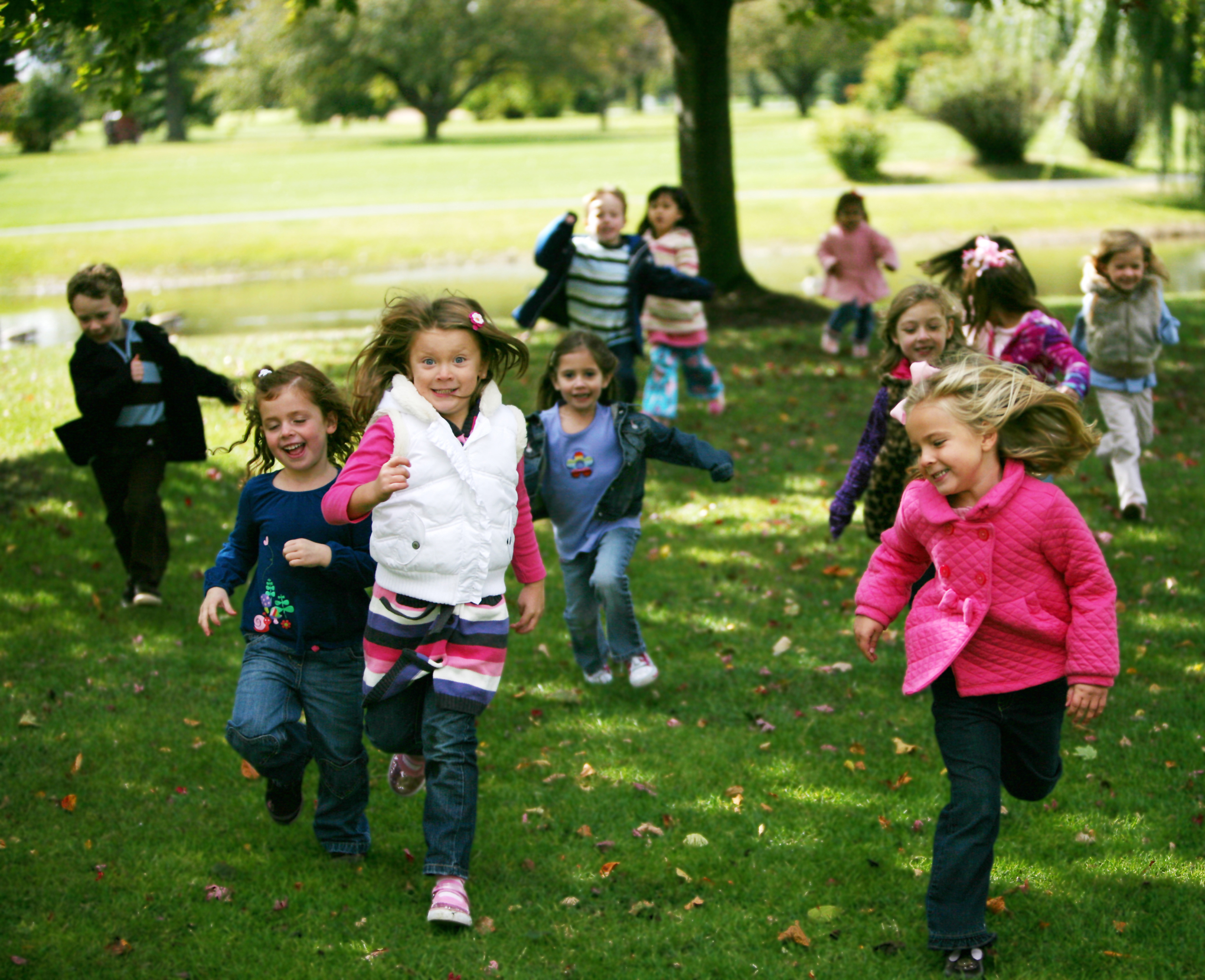Household Bills
Parents brace as early years funding to fall 8% by 2024

Nurseries and pre-schools in the early years sector will see a fall of 8% in real terms funding by 2024, analysis reveals.
This is despite the budget for the early years predicted to rise to £3.75bn a year.
Soaring inflation and a rise of 9% to childcare providers’ costs by 2024/5 are blamed for the fall to funding.
The funding covers a 15-hour entitlement for some two and three-year olds, and 30-hours of free childcare for most children aged three and four with working parents.
But when taking into account rising costs and inflation, the budget for these free hours will be reduced by 8% in the year 2023/24, when compared to the current year.
These findings from the Institute for Fiscal Studies (IFS) come ahead of next week’s Autumn Statement when Chancellor Jeremy Hunt will set out the current government’s spending plans.
Budget boost wiped out by rising costs
In the 2021 Spending Review, the early years sector in England saw a rise to its annual budget from £3.6bn in 2021/22 to about £3.75bn a year between 2022/23 and 2024/25.
This money is set aside to cover free funding places to children aged two to four.
The extra money directly contrasts to other stages of education, and other public services, where budgets have been cut during the same period.
Yet the report from the IFS said that higher-than-expected inflation, which is currently at 10.1%, means the extra money won’t compensate for rising costs to childcare providers, expected to be 9% higher by 2024/25.
It predicts that funding per hour, which was meant to rise following the 2021 review, will now fall. The rate paid to providers today, of £5.06 an hour for three and four-year olds will fall by 14p by 2024/25.
The report comes as news this week showed two-thirds of schools were looking to cut teachers and teaching hours to avoid falling into debt.
There have also been persistent rises to childcare costs in the last decade and childcare now comprises around 60% of the lifetime cost of a child for a couple working full time compared to around 40% in 2012, according to the Child Poverty Action Group (CPAG).
‘Dramatic changes in spending on other forms of childcare support’
The report revealed that real-terms spending on free childcare hours has more than doubled since 2009/10, from around £1.7bn to more than £4bn last year.
But despite this the IFS said there have been “dramatic” changes in government spending on childcare support.
The only help parents are entitled to, aside from the free hours, is an in-work benefit system and tax relief on fees.
In 2009/10, government spending on childcare subsidies through the benefit system were around £1.8bn, using today’s prices. Since then this spending has fallen by nearly two-thirds, to £640m in 2021/22.
Government spending on tax relief rose from £510m in 2009/10 to just over £1bn before the pandemic. But since then it fell sharply and the IFS said “it is not wholly clear why families are missing out on support through this new system”.
The report added that tax-free childcare, introduced in 2017, has so far “failed to live up to its potential” with families struggling to use the system and awareness at low levels. It also pointed out that in the first three years of tax-free childcare, the government spent a total of £1.7bn less on the scheme than it had planned.
Elaine Drayton, a research economist at IFS and an author of the report, said: “Over the past decade or so, the government has prioritised the early years above other stages of education, rolling out new childcare entitlements for disadvantaged two-year-olds and for three- and four-year-olds in working families. This has meant increasing spending on free childcare hours while other public services have seen cuts.
“But early years providers are facing rapidly rising costs that are eroding the value of their budgets. Childcare providers’ costs had already been rising faster than economy-wide inflation over the last few years, but they face an even steeper rise in the coming years. That will leave government funding for the free childcare programme much lower than had been intended when the budget was last set in 2021.”
‘The early years funding system is broken’
Neil Leitch, chief executive officer of the Early Years Alliance, said: “Years of inadequate investment from government has meant that many nurseries, pre-schools and childminders are already teetering on the edge of survival, with 4,000 settings permanently closing in the last year alone.
“We know that early years providers are deeply committed to providing high-quality education to our youngest children, as well as the childcare that many parents rely on – but this alone isn’t enough to pay the bills and keep the doors open.
“The fact is that the early years funding system in this country is broken and the way in which the government views and treats our vital sector needs an urgent rethink before it completely implodes.”
Reform to the early years funding system
Many organisations have been calling for reform to the funding system for pre-school children.
Last month a nationwide protest of 20,000 parents called for affordable childcare for all parents, ring-fenced parental leave, and flexible working as the default for employees.
An announcement has not yet been made by the government on how it plans to reform this sector. It had previously suggested changing minimum ratio levels for two-year old children from four children per one adult, to five children per adult for childcare settings.
The Labour Party has promised a complete change to the system if it gets into power including extending the help available so parents can benefit when they first go back to work, as well as free breakfast clubs to all school children.